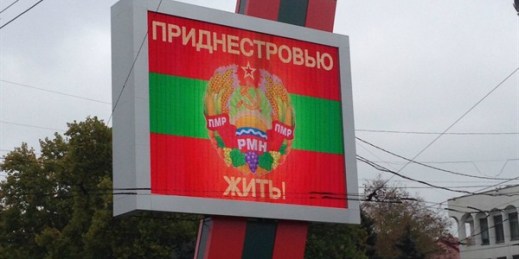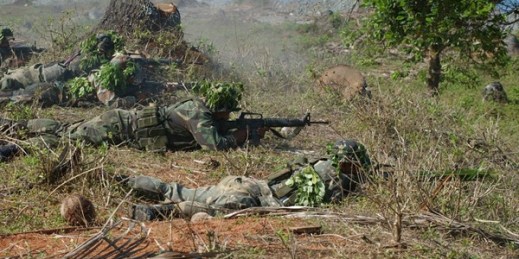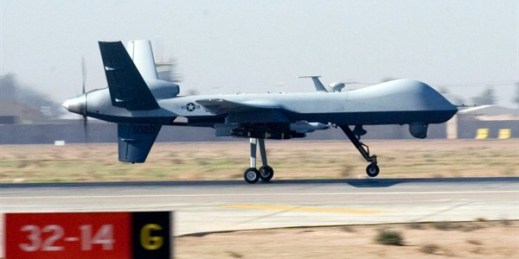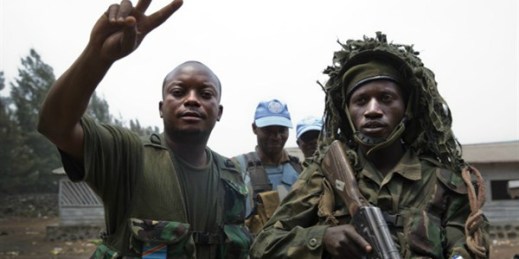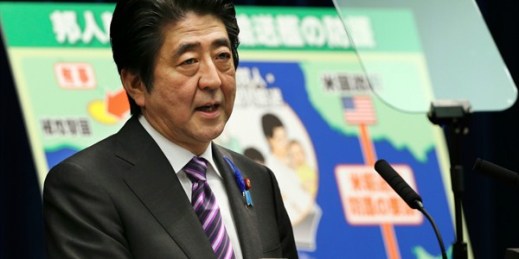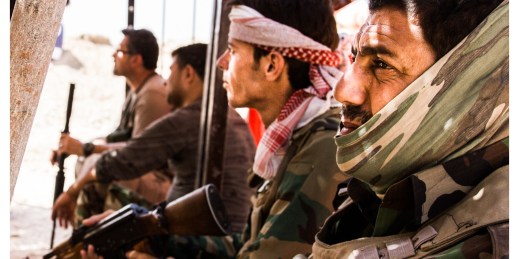
The ongoing civil war in Syria has spread across the Iraqi border in recent months, putting Iraq back at the center of the region’s security agenda. As the forces of the Islamic State of Iraq and Syria (ISIS) take control over a large part of Iraq, the Kurdish population has become increasingly assertive in the pursuit of its own autonomy, and Iraq has once again become a policy challenge for Washington. This report examines the implications of the growing conflict for Iraq, the U.S., Syria and a potentially independent Kurdistan, drawing on articles published in the past year. ISIS in […]

